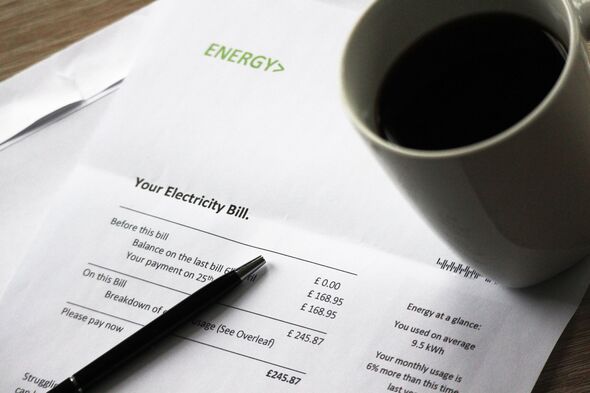Lifestyle
Energy Expert Recommends Appliance Maintenance to Cut Costs

As energy prices in the United Kingdom are set to rise this winter, households are facing increased financial pressure. To alleviate some of this burden, experts recommend simple maintenance tasks for key household appliances. Salah Sun, head of product management at Beko UK, a prominent manufacturer of home appliances, emphasizes that regular upkeep can significantly enhance energy efficiency.
Efficient Appliance Maintenance
According to Sun, “Maintenance isn’t just about extending appliance lifespan. Clean filters, descaled heating elements, and well-maintained door seals can help you reduce your household’s energy consumption.” Implementing straightforward cleaning routines can make a noticeable difference in energy usage. For instance, homeowners should clean washing machine filters every six to eight weeks, while tumble dryer lint traps should be cleared after each use. Dishwashers, too, benefit from monthly filter cleanings. These small efforts can ensure appliances operate more efficiently, leading to lower energy bills over time.
In addition to maintenance, the way appliances are used plays a crucial role in energy consumption. Both overloading and underloading washing machines, dishwashers, and tumble dryers can hinder performance and increase energy expenditure. Sun points out, “Overloading your appliances forces them to work harder, using more energy whilst potentially delivering poorer results. Equally, running half-empty loads wastes energy and water.”
Best Practices for Usage
To maximize efficiency, homeowners should aim for specific load sizes. For washing machines, filling the drum to approximately three-quarters capacity allows clothes to move freely. Dishwashers should be fully loaded, but not packed too tightly, ensuring water can circulate effectively. For smaller loads, utilizing a half-load program, if available, can conserve resources. Tumble dryers are most efficient with loads between half and three-quarters full.
The energy regulator Ofgem reports that the average UK household consumes around 2,700 kWh of electricity annually. As of October 1, 2023, the energy price cap is set at 26.35 pence per kWh, remaining in effect until December 31, 2023. By focusing on proper appliance maintenance and efficient usage, families can not only reduce energy consumption but also save money, maintain their appliances in optimal condition, and ease the financial strain caused by rising energy bills this winter.
With these practical steps, households across the UK can take control of their energy costs and contribute to a more sustainable future.
-

 Health3 months ago
Health3 months agoNeurologist Warns Excessive Use of Supplements Can Harm Brain
-

 Health3 months ago
Health3 months agoFiona Phillips’ Husband Shares Heartfelt Update on Her Alzheimer’s Journey
-

 Science1 month ago
Science1 month agoBrian Cox Addresses Claims of Alien Probe in 3I/ATLAS Discovery
-

 Science1 month ago
Science1 month agoNASA Investigates Unusual Comet 3I/ATLAS; New Findings Emerge
-

 Science4 weeks ago
Science4 weeks agoScientists Examine 3I/ATLAS: Alien Artifact or Cosmic Oddity?
-

 Entertainment4 months ago
Entertainment4 months agoKerry Katona Discusses Future Baby Plans and Brian McFadden’s Wedding
-

 Science4 weeks ago
Science4 weeks agoNASA Investigates Speedy Object 3I/ATLAS, Sparking Speculation
-

 Entertainment4 months ago
Entertainment4 months agoEmmerdale Faces Tension as Dylan and April’s Lives Hang in the Balance
-

 World3 months ago
World3 months agoCole Palmer’s Cryptic Message to Kobbie Mainoo Following Loan Talks
-

 Science4 weeks ago
Science4 weeks agoNASA Scientists Explore Origins of 3I/ATLAS, a Fast-Moving Visitor
-

 Entertainment4 months ago
Entertainment4 months agoLove Island Star Toni Laite’s Mother Expresses Disappointment Over Coupling Decision
-

 Entertainment3 months ago
Entertainment3 months agoMajor Cast Changes at Coronation Street: Exits and Returns in 2025









